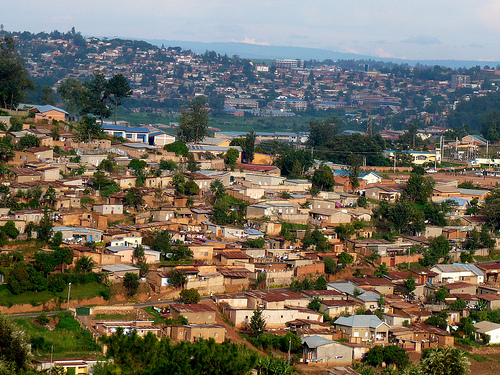Related

Feb 26,2013
Improving Health Outcomes in Rwanda
more on:
development

Sep 29,2009
Freakonomics Q&A
by
Brandon Fuller
In a recent review of Roger Thurow’s new book, The Last Hunger Season, Paul Collier asks: “Why is Africa so dependent on imported food, despite being the least urbanized and most land-abundant continent?” Though the answer is simple, African agriculture is not sufficiently productive, the solutions are more complicated and controversial.
Though new seed technologies and commercialized agricultural practices are likely the best ways to produce more food and overcome hunger, Collier notes that these approaches don’t currently attract much support from African governments, NGOs, and development agencies. Among the concerns is that a switch from smallholder to commercial agriculture would lead to an influx of migrants to cities that are not prepared to accommodate them. But as Collier suggests, this transition looks inevitable.
Collier does not get into detail about what is impeding urban success but governance is no doubt near the top of the list. Policy approaches to accommodating the influx of urban residents in cities in the developing world will have to account for the limited capacity of many governments to enforce the rules. This is a theme in Solly Angel’s new book, Planet of Cities. Angel’s approach to planning for urban expansion recognizes that urban growth is fastest in the parts of the world where governance is relatively weak. He envisions a public strong role in planning for urban expansion, but one that is narrow enough to have a reasonable chance of being executed by capacity constrained governments.
Please fill out the information below to receive our e-newsletter(s).
*Indicates required.